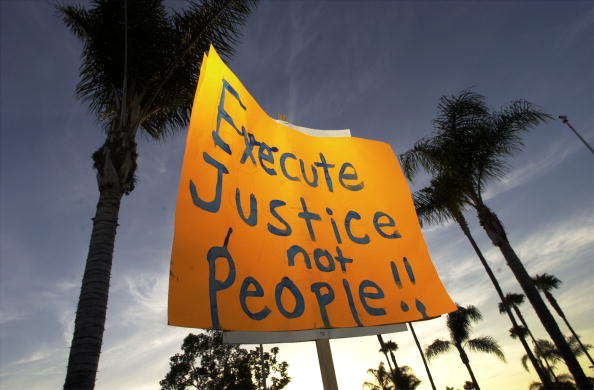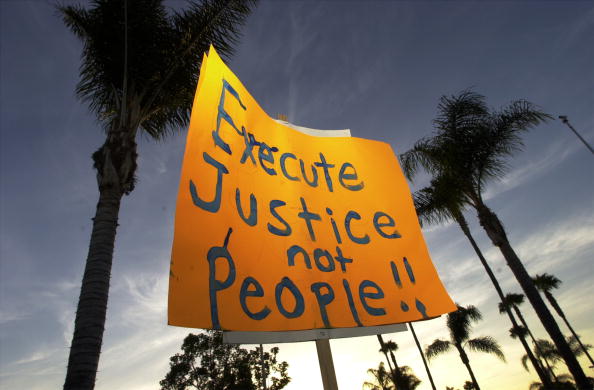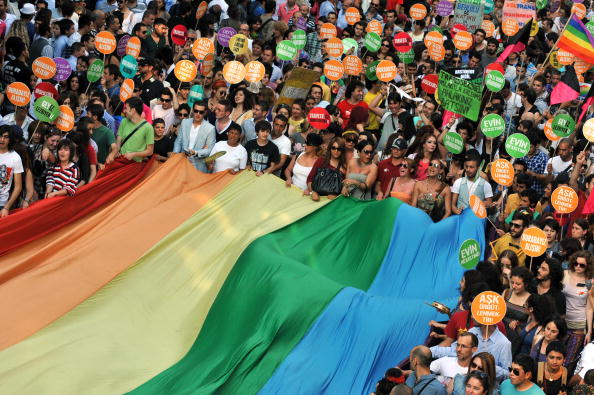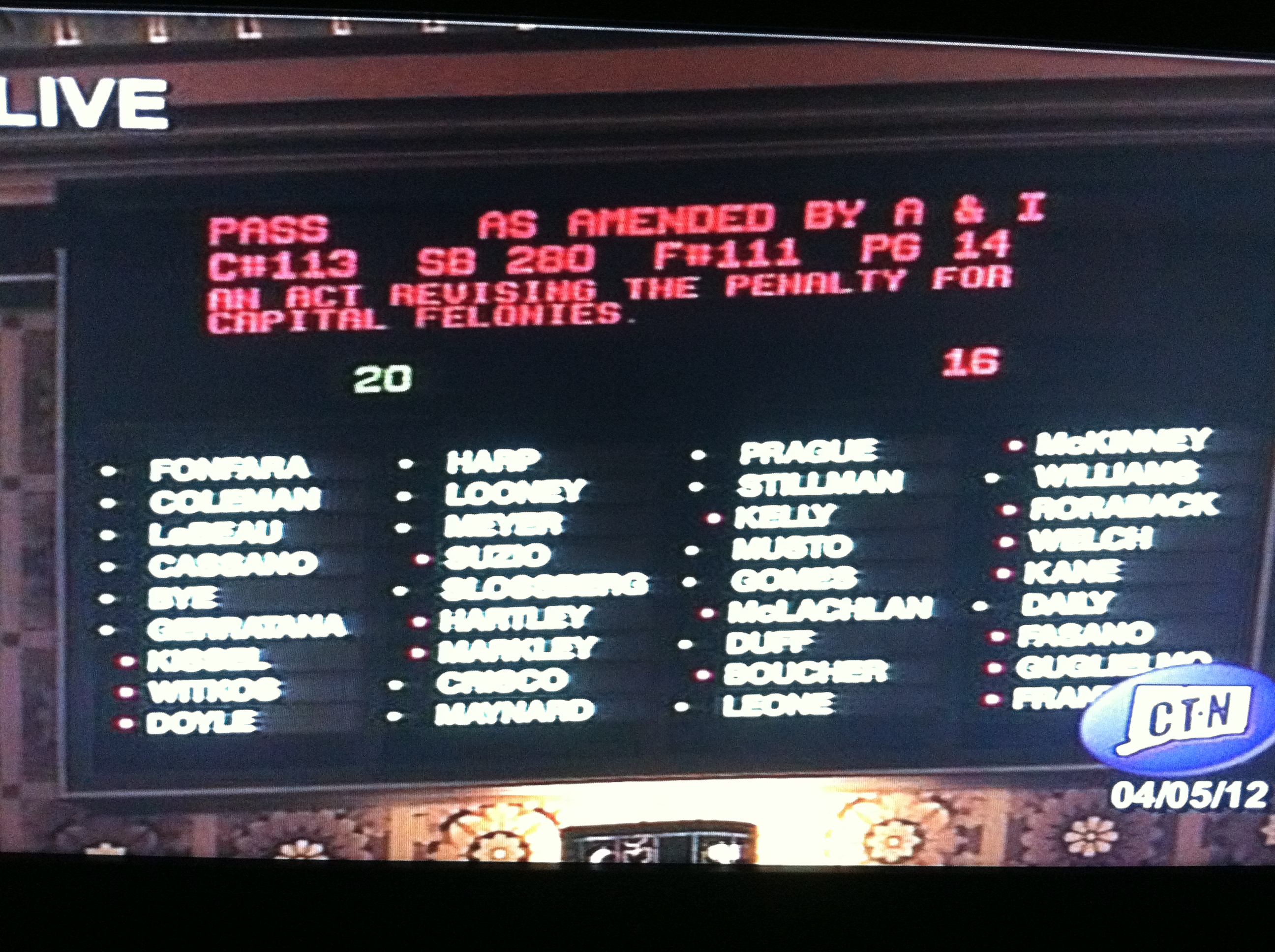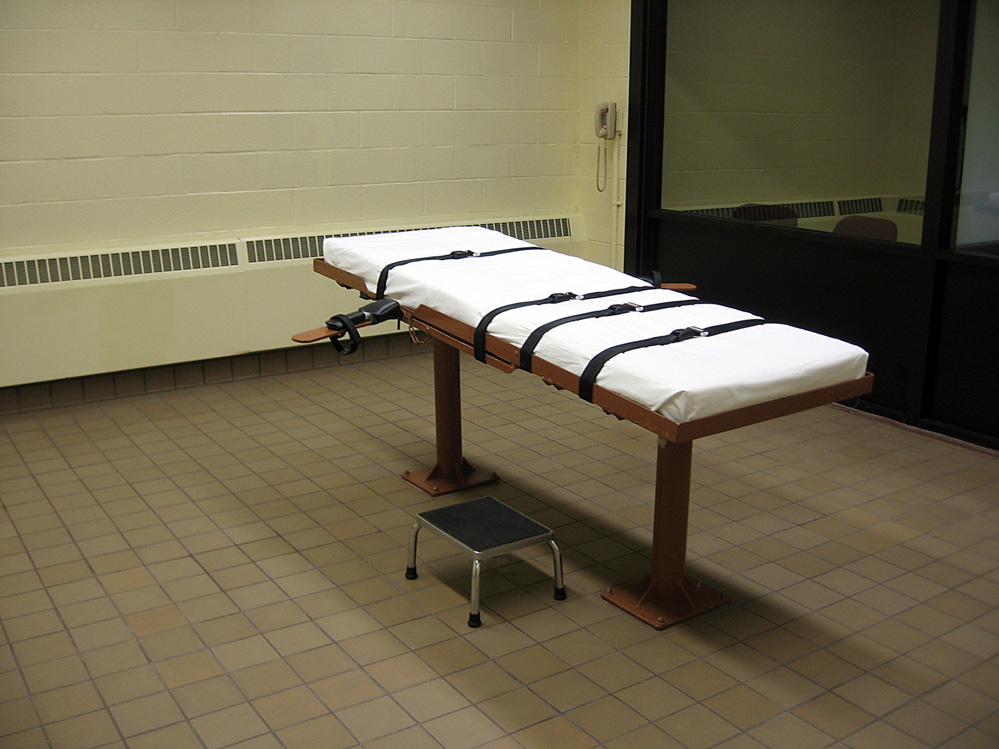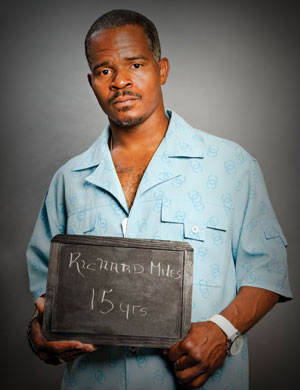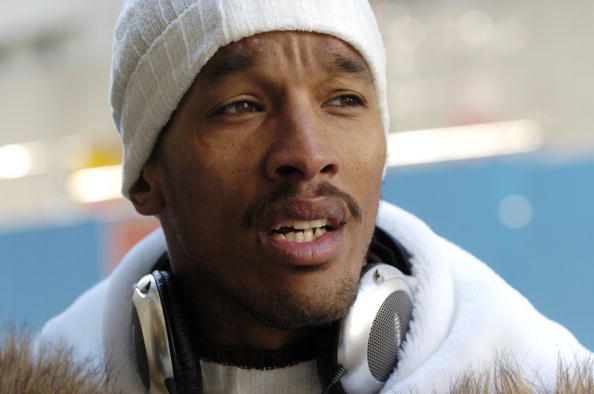
Kharey Wise was wrongfully convicted of beating and raping a female jogger in Central Park in 1989 and spent 15 years in prison. He was released when the real assailant confessed to the crime (Photo Credit: Debbie Egan-Chin/NY Daily News Archive via Getty Images).
For many who remember the terrible crime, the huge outcry and the media circus around the 1989 “Central Park Jogger” case, which was BIG national news, it may have come as a surprise to learn that all 5 of the teenagers convicted were in fact innocent.
But it probably shouldn’t have.
The film The Central Park Five, recently premiered on PBS, offers an important cautionary tale about how a rush to judgment, fueled by all-in media coverage of a particularly heinous crime, increases the chances that criminal justice officials will make critical mistakes, or engage in deliberate misconduct. The Reggie Clemons case, tainted by allegations of police abuse during the investigation and prosecutorial misconduct during the trial, is a reminder that a process compromised in this way can result in a death sentence.
At the other end of the spectrum, a rush to judgment can occur when there is a callous indifference on the part of authorities toward a crime they may perceive as less important because it was committed in a marginalized community. That’s what seems to have happened in the Carlos De Luna case, where an almost certainly innocent man was put to death for a crime another man named Carlos probably committed.
SEE THE REST OF THIS POST
